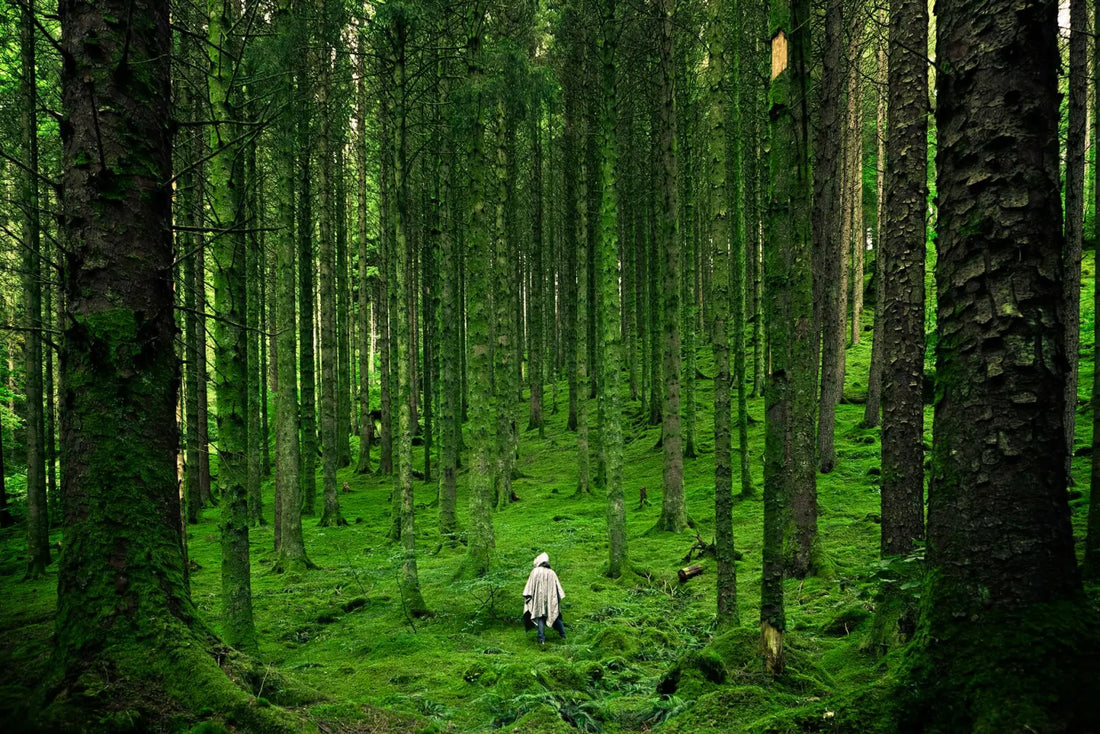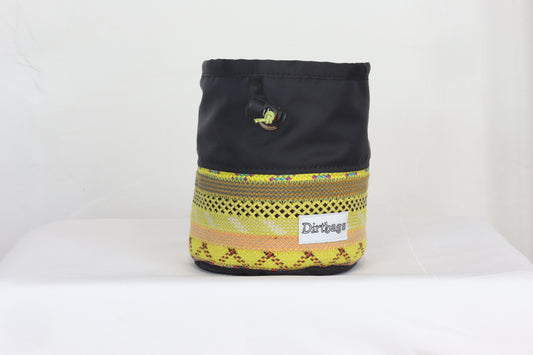
Buy less, buy better: what can I do to be more sustainable?
Share
The beginner’s guide to sustainability
Let’s be honest, being ‘eco-friendly’ feels tricky right now. We all want to do better, but equally nobody wants to be called out for making the wrong decisions. What I’m concerned with, is the small changes to everyday life we can all make, and it doesn’t involve any skill, or judgement. Yay.
The good news is that you have already made the best decision, asking the question, ‘what can I do to be more sustainable?’
The most sustainable item is one you already own.
It has become cliche. But it is true, it is pointless rushing to the shops to buy a glass water bottle when you have a plastic one at home. You don’t need the latest bamboo coffee takeaway cup if you already own a mug. You don’t need the high-tech 100% recycled polyester leggings if you bought some 100% unrecycled polyester leggings two years ago. It is impossible to make a positive impact on the earth, by buying more.
Make what you own last longer.
Youtube is a gift. You can learn almost anything watching amateur how to videos. Beware the rabbit hole, however, or it will end up being one in the morning and you are watching videos about how to rear chickens and seriously considering starting a farm. A simple ‘how to patch’ , ‘how to reproof’ goes a long way – and you get a bit of free education. Never to be sniffed at.
Alternatively there are heaps of professional repairers country wide. Many a small business who really care and look after your much loved items – our favourites are –
Also, check with the manufacturer of your item – they sometimes offer repairs under warranty.
Shop small
This is more about supporting a healthy economy than helping the earth. If you need something new, consider searching for a small, local business first before jumping straight to the biggest, or cheapest brands. It might not even be the most expensive option (have you seen the margins some of the huge brands work under WOW)
Any money you spend locally will stay local. And benefits everyone. Try to grocery shop at the local grocer (if any are left, eh) Keep your eyes open for market stalls where you can touch and feel what you buy before buying it, and actually converse with the owners.
Shop secondhand
There are enough clothes in existence to clothes the next six generations of people. You read that right. That is crazy. Unfortunately I am seeing a lot of fast fashion items in second hand charity shops at the moment, makes it cheap – but equally the quality isn’t quite there and won’t last as long as you want. For online shopping, try Thrift+ they seem to have a good selection and offer good customer service.
If you need new, make sure you try to save and choose high quality, which saves you having to replace it a year later.
Learn how to compost
Until you start separating food waste from your general waste, you don’t realise how much you throw away. We recently started composting and in doing so we have actually reduced our food waste. Seeing what was going to waste in plain sight made us be more careful with portion sizes, using up veg before it goes bad, only getting in what we need.
Keeping this waste separate means they can actually biodegrade and go back into the earth like it should. Zipping it up in a bin liner and sending to landfill means the air can’t get to it and the scraps can’t do what they do best. Here’s some good advice on how to get started – How to compost your waste.
Let your grass grow
How neat does a garden NEED to be? If you are lucky enough to have some outside space, consider sharing it with wildlife. There is nothing more satisfying than hanging up a bird feeder and start to see regulars come and use it!
Maybe leave it a couple of weeks for the grass to grow, for the little critters. Spread some wildflower seeds.
Take a walk
Fresh air can reset a bad mood. Fresh air can take your mind off something stressful for a moment. Working from indoors can really disconnect us from nature. You don’t need to go anywhere or do anything, sometimes it is good to have ten – twenty minutes a day where you are not productive, or creating anything. Just wander, look, and go back to what you are doing. It can honestly work wonders. If you see nature on a daily basis, more likely you will make decisions to benefit it.
Make your sandwiches at home
I’ve been guilty a number of times at lunchtime nipping to the supermarket for the meal deal – cheaper than a cafe that’s for sure. One drink, pasta, and snack later and you are left with loads of single use plastic. This seems to be part of the takeaway food culture that doesn’t seem to be doing anything about reducing their plastic use. And does the supermarket have recycle bins to put the waste in. No. In terms of one daily difference, making a sandwich while you make breakfast in the morning can actually have a big difference.




